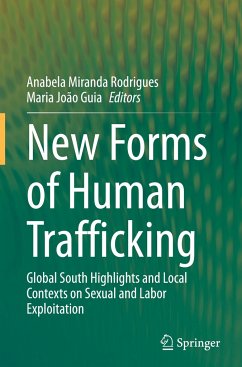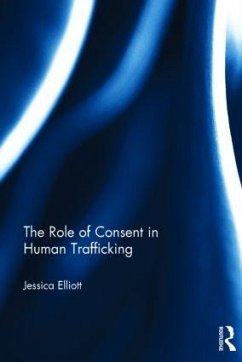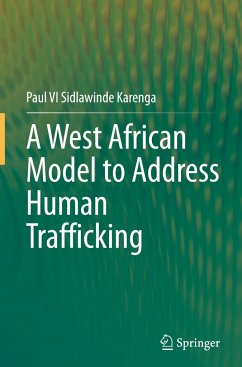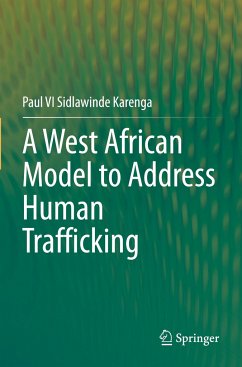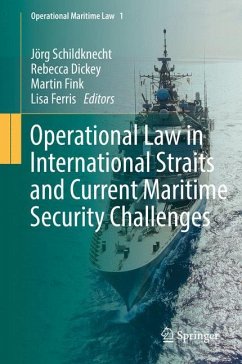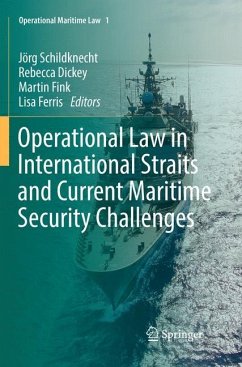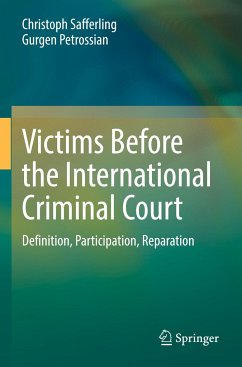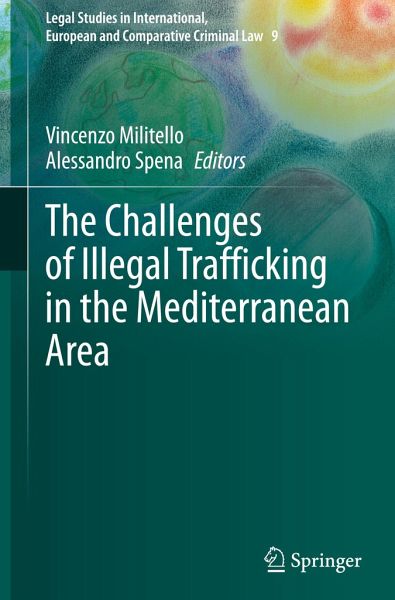
The Challenges of Illegal Trafficking in the Mediterranean Area

PAYBACK Punkte
57 °P sammeln!
The book deals with illicit trafficking in the Mediterranean, seen as a borderline issue between mobility and security under a strongly interdisciplinary approach. The opening part is dedicated to issues that transversally concern illegal trafficking: criminological, criminal law, criminal procedure, but also international law issues. This part presents a kind of general theory of illegal trafficking, showing its recurring aspects and identifying the legal and criminal-political issues that would be best addressed by a unified approach to the matter. The other parts are devoted to presenting, ...
The book deals with illicit trafficking in the Mediterranean, seen as a borderline issue between mobility and security under a strongly interdisciplinary approach. The opening part is dedicated to issues that transversally concern illegal trafficking: criminological, criminal law, criminal procedure, but also international law issues. This part presents a kind of general theory of illegal trafficking, showing its recurring aspects and identifying the legal and criminal-political issues that would be best addressed by a unified approach to the matter. The other parts are devoted to presenting, instead, a special part overview of illegal trafficking. The second and the third section are devoted, in particular, to illegal traffics having human beings as their objects. More specifically, the second part examines smuggling of migrants, which has a central - criminological and criminal-political - relevance among the illegal traffics taking place in the Mediterranean. The third part dealswith the neighbouring theme of human trafficking, especially in its connection with the problem of labour exploitation. Finally, the fourth part focuses on some trafficking in goods, offering a selected and representative overview of some of the most significant forms that such trafficking can take: tobacco trafficking, drug trafficking and trafficking in cultural goods.




